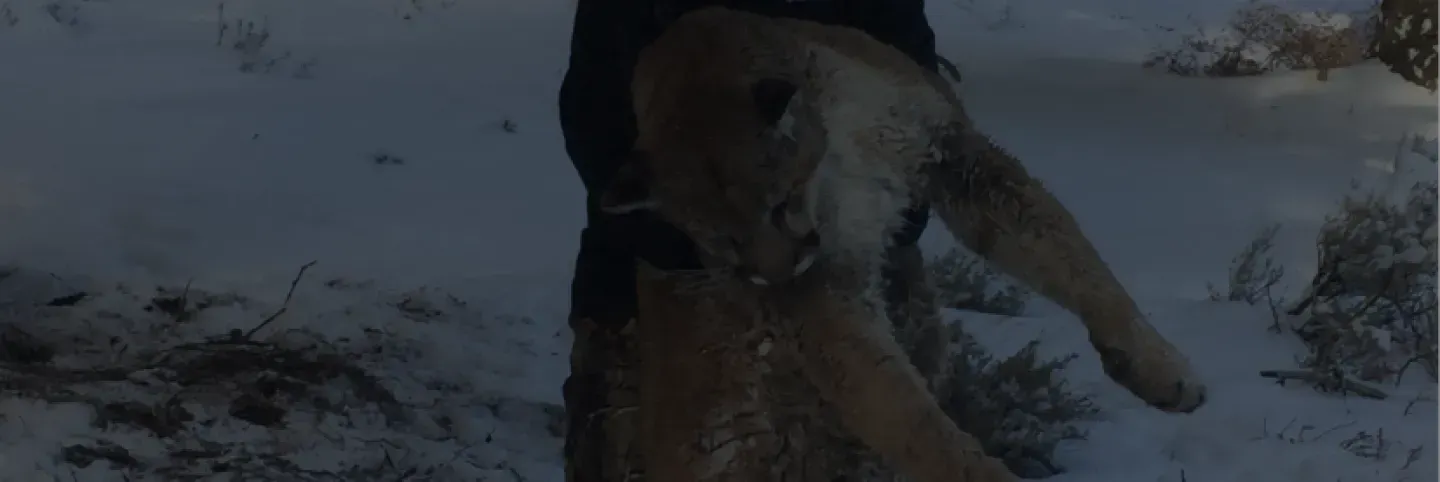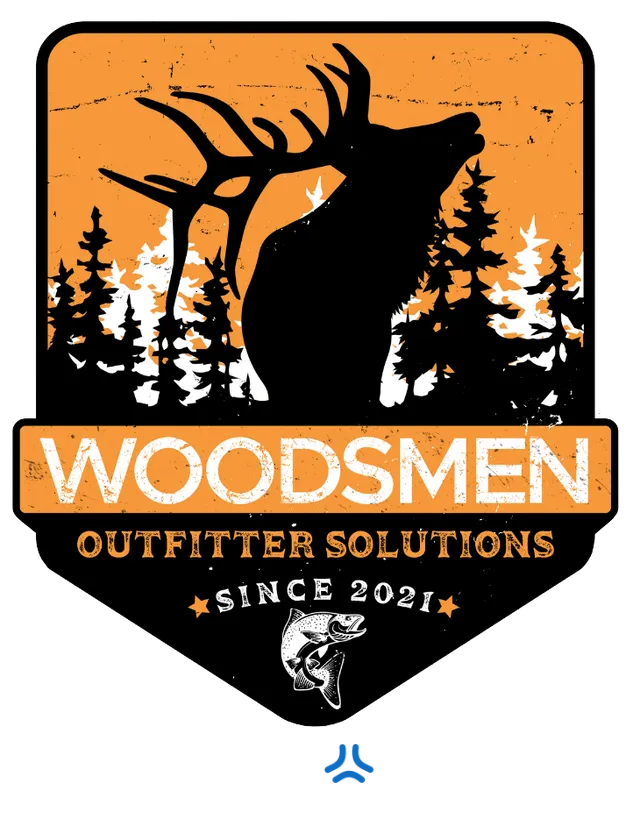FAQ
Frequently Asked Questions
Everything You Need to Know for Your Ultimate Adventure
Explore our FAQ section for detailed answers about our guided hunting expeditions, booking policies, what’s included in each package, gear recommendations, hunting regulations, and more. We’re here to ensure you have all the information you need for a safe and unforgettable hunting experience.
The Most Common Questions
What's the altitude at camp?
Most camps are around 7000 feet.
What will the accommodations be like for elk/deer?
Comfortable clean wall tents/TeePee tents with heat and cots.
How do we communicate from camp?
We use Garmin Inreach. You may rent one from us for $100 for the week. Be sure to ask about them, we only have five. If you have your own Inreach, or spot, or satalite phone, let us know so we can set up communication.
How long is the ride into camp?
Each camp is different. Some are three hours while others are seven hours. We also have off-road camps.
Base camps vs pack-in camps?
Base camps are off of a remote road in the wilderness corridor. Being on the road, you have a larger choice of hunting ground, meaning you can drive further and hunt further from camp. Pack-in camps give you a more authentic wilderness experience. You are packed deeper into the wilderness. Both hunts offer a good chance of obtaining an elk/deer.
What happens when I shoot an animal?
You and your guide must bring it to camp or the nearest trail. Either your guide will pack it out, or we will send a packer in, depending on camp location.
Is there a meat processor?
There is one in Salmon, Idaho, or, if driving, you may load it up and take it home with you. We use Pete's Custom Meats in Salmon (208-756-3746).
If I fly, can my meat get shipped home?
Yes, but keep in mind this could easily cost up to $1000. Check with UPS to get accurate pricing.
Where do I fly into?
Missoula. From there it is a 4 - 5 hour drive to the trailhead. We recommend driving and staying in North Fork, Idaho at River’s Fork Lodge (one hour from the Corn Creek trailhead) or Darby, Montana (3 hours from Kim Creek trailhead).
What distance will we be shooting?
Bear – 50 to 200 yards
Elk & Deer - 150 to 500 yards
Lion – Lions are mostly shot from trees
Will we be on foot or horseback?
We will ride into camp on horseback. At some camps, we utilize horses and at others, we hike from camp. Drop camps will not have any horses in camp.
Do I need a rangefinder or binoculars?
Your guide will have necessary items; however you may bring yours as well.
What about the food?
Food is all premade, vacuum sealed and frozen. On occasion we do use Mountain House. Drop camps must bring their own food and be able to fit in two coolers ONLY. These coolers must NOT have wheels on them and be no larger than 100 qt.
How much should I tip, who should I tip?
Usually those who get tipped are the guide, packer, & cook. Fifteen to 20% is standard divided up however you choose.
What is the cost of jet boating?
If you are hunting on the Salmon River, the cost is around $600 per in/out.
Understanding Our Success Rate
Realistic Expectations and Unmatched Integrity
After two decades in the business, let me address one of the worse questions you can ask an outfitter- "What is your success rate?"
Because so many of my competitors misrepresent their success rates, it is senseless to answer this question. Many outfitters fog the issue with words like 'hunter opportunity,' 'most years,' 'generally,' 'about' and some just lie. If you choose an outfitter based on his success rate, you probably made the decision to hunt with a liar instead of an honest outfitter.
Our success rate is always as good or better than our competitors and in the same price range.
Most hunters don't realize how precious elk are. Let me compare Wisconsin deer hunting vs. Montana elk hunting. Montana has 160,000 elk. Wisconsin has 1,800,000 deer. That's Eleven times more game! Montana is 2.5 times larger than Wisconsin, which means it is 27 times harder to kill an elk in Montana then it is to kill one deer in Wisconsin. Wisconsin hunters kill 330,000 deer annually, which means if Montana elk hunters were to enjoy that same success, we would have to kill every elk in the state plus 170,000 beef cows!
When you come out elk hunting, please bring realistic expectations.
We want all of our potential hunters to understand that:
- Every year we send hunters home with nothing more than fond memories, and we send hunters home with the trophy of their dreams.
- Taking a Bull Elk on fair chase terms is one of the finest yet hardest trophies to acquire in North America.
- We have had hunts with 100% kill and others with 0%; kill rates vary greatly with the weather, physical ability and hunter's willingness to hunt every day of their hunt.
- All of our hunters pay for a first-class fair chase hunt, and all hunters receive a first-class fair chase hunt.


